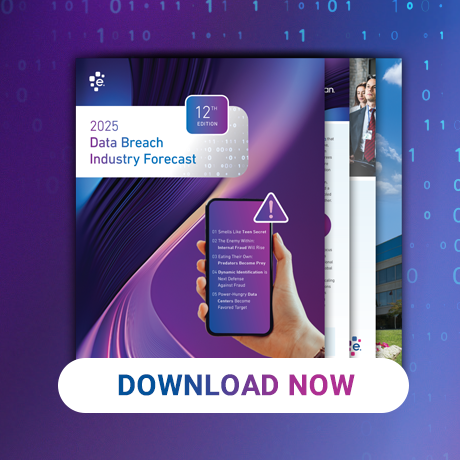There are a number of people within the industry heralding the death of knowledge based authentication. To those people I would say, “In my humble opinion you are as wrong as those recent tweets proclaiming the death of Bill Cosby.” Before anyone’s head spins around, let me explain.
When I talk about knowledge based authentication and out of wallet questions, I mean it in the truest sense, a la dynamic questions presented as a pop quiz and not the secret questions you answered when you set-up an account. Dynamic knowledge based authentication presents questions are generated from information known about the consumer, concerning things the true consumer would know and a fraudster wouldn’t. The key to success, and the key to good questions, is the data, which I have said many, many times before.
The truth is every tool will let some fraud through; otherwise, you’re keeping too many good customers away. But if knowledge based authentication truly fails, there are two places to look:
- Data: There are knowledge based authentication providers who rely solely on public record data for their KBA solutions. In my opinion, that data is a higher data risk segment for compromise. Experian’s knowledge based authentication practice is disciplined and includes a mix of data. Our research has shown us that a question set should, ideally, include questions that are proprietary, non-credit, credit and innovative. Yes, it may make sense to include some public record data in a question set, but should it be the basis for the entire question set? Providers who can rely on their own data, or a strategic combination of data sources, rather than purchasing it from one of the large data aggregators are, in my opinion, at an advantage because fraudsters would need to compromise multiple sources in order to “game the system.”
- Actual KBA use: Knowledge based authentication works best as part of a risk management strategy where risk based authentication is a component within the framework and not the single, determining factor for passing a consumer. Our research has shown that clients who combine fraud analytics and a score with knowledge based authentication can increase authentication performance from 20% – 30% or more, depending on the portfolio and type of fraud (ID Fraud vs. First Party, etc.)… and adding a score has the obvious benefit of increasing fraud detection, but it also allows organizations to prioritize review rates efficiently while protecting the consumer experience.
So before we write the obituary of KBA, let’s challenge those who tinker with out of wallet products, building lists of meaningless questions that a 5th grader could answer. Embrace optimized decisions with risk based authentication and employ fraud best practices in your use of KBA.


